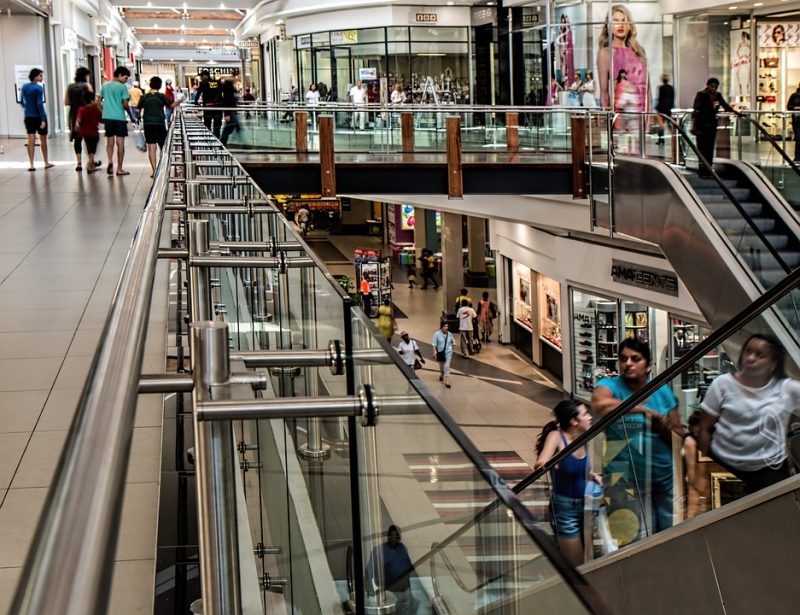
One of the most significant changes brought on by the pandemic is the shift to remote work. With offices closing their doors and employees working from home, companies quickly had to invest in technology and infrastructure to support remote work arrangements. This shift has not only changed the way people work but has also transformed the real estate market, as companies reconsider the need for large office spaces and explore hybrid work models.
The pandemic also accelerated the adoption of e-commerce and digital services. As people avoided physical stores and in-person services, online shopping, food delivery, and telehealth services saw a surge in demand. This shift has had long-lasting implications for brick-and-mortar retailers, leading to store closures and bankruptcies for those unable to adapt to the new digital landscape.
Moreover, the pandemic exposed the vulnerabilities of global supply chains. Disruptions in the production and distribution of goods highlighted the risks of relying on a few key suppliers or countries for essential products. In response, many businesses are now diversifying their supply chains and exploring nearshoring or reshoring opportunities to build more resilient supply networks.
The hospitality and tourism industries were hit particularly hard by the pandemic, with travel restrictions and social distancing measures severely impacting businesses reliant on tourism. Many hotels, airlines, and restaurants faced closures and layoffs, as international travel came to a standstill. As countries gradually reopen their borders, these industries are slowly starting to recover, but the road to pre-pandemic levels of activity will likely be long and challenging.
On a broader scale, governments around the world introduced unprecedented stimulus packages to support businesses and households during the economic downturn caused by the pandemic. These measures, which included direct cash payments, loans, and grants, helped prevent a complete collapse of the economy but also raised concerns about mounting debt levels and inflation down the line.
Overall, the pandemic has reshaped the economy in ways that will have lasting effects for years to come. Businesses are reevaluating their strategies and operations, consumers are embracing new habits and preferences, and governments are rethinking policy priorities in a post-pandemic world. As we continue to navigate these changes, it is crucial for stakeholders to remain agile and adaptable in order to thrive in the new economic landscape.





